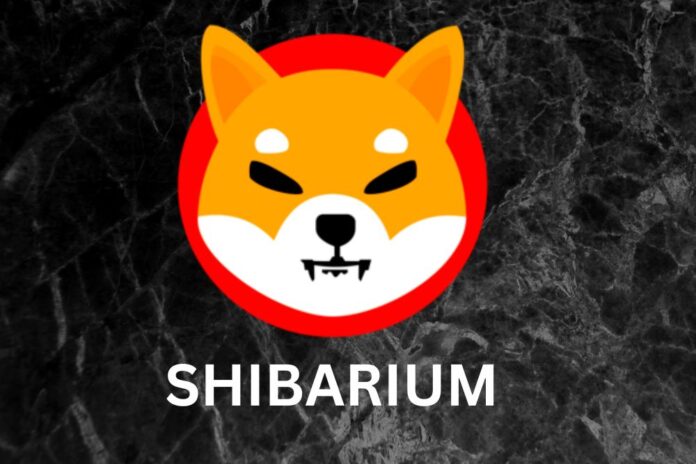In a significant milestone for the Shiba Inu (SHIB) ecosystem, SHIB developers have successfully deployed Shibarium, a cutting-edge layer-2 network, onto the Ethereum mainnet. As the ecosystem’s backbone, Shibarium sets the groundwork for the entire “Shiba Inu State” while addressing Shiba Inu scalability challenges on the Ethereum network.
Buckle up #SHIBARMY 🛸 Shibarium is officially live and ready to explore: https://t.co/56VsqOa2jt
— Shib (@Shibtoken) August 16, 2023
A Solution for Scalability
Similar to other layer-2 networks available, Shibarium aims to tackle the inherent scalability issues on the Ethereum network. By offering improved transaction throughput and reduced fees, surpassing even Polygon (MATIC) in cost efficiency, Shibarium seeks to enhance the overall user experience for decentralized applications (dApps) and transactions.
According to Kaal Dhairya, one of SHIB’s developers, the cost and scalability of this new layer-2 network surpass that of Polygon. Initial tests have shown significantly lower transaction costs and instant speeds, both crucial for the network’s success.
Read Also: As Shibarium Approaches Completion, Shiba Inu (SHIB) Team Unveils Latest Major News
A Step Beyond Meme Coins
Originally launched in 2020, Shiba Inu (SHIB) quickly gained popularity as a meme coin, joining the ranks of Dogecoin (DOGE). However, with the introduction of Shibarium, the developers aim to transcend the meme coin category. Shibarium comes together with a new identity protocol, demonstrating that Shiba Inu is more than just an internet joke.
Shytoshi Kusama, the lead developer behind Shiba Inu, highlights that Shibarium’s key differentiator from other scaling solutions lies in its ability to power the project’s governance and Shiba State framework. This implementation ensures low-cost transactions, membership, ownership, and more on-chain for the extensive ShibArmy community.
The Mechanics of Shibarium and Stake Delegates
Shibarium is built on a consensus mechanism known as Delegated Proof-of-Stake (DPoS), leveraging a combination of validators and delegators. Validators are responsible for running nodes, facilitating transaction processing, and generating new blocks, ensuring the security of the ecosystem. Delegators, on the other hand, support validators by staking their tokens.
Kusama explains that the DPoS system allows Shibizen members to play a role in the new state’s development. Validators and delegators form the initial backbone of the society, with plans to scale up to thousands of additional roles for a stronger and inclusive future.
Supporting the Shiba Inu Ecosystem
Aside from its core functionalities, Shibarium also plays a pivotal role in supporting various components of the expanding Shiba Inu ecosystem. This includes backing assets like SHIB and LEASH tokens, SHIBOSHI NFTs, SHIB The Metaverse, the ShibaSwap decentralized exchange, and the Shiba Eternity game.
Read Also: Shiba Inu (SHIB) Number of Addresses Reaches New ATH as Community Anticipates Shibarium Launch
While Shibarium’s primary use case is built around being a blockchain for everyone, Kusama emphasizes its ability to promote unity, diversity, and decentralization within the community. By prioritizing the development of frameworks that support the community, rather than focusing on specific use cases, Shibarium strives to create an inclusive environment for all stakeholders.
The successful deployment of Shibarium on the Ethereum mainnet marks a significant milestone for the Shiba Inu ecosystem. With enhanced scalability and a strong foundation, Shibarium positions itself as a game-changer in the world of decentralized applications and transactions.
Follow us on Twitter, Facebook, Telegram, and Google News


